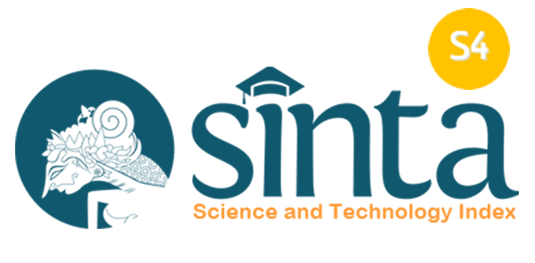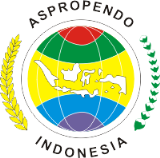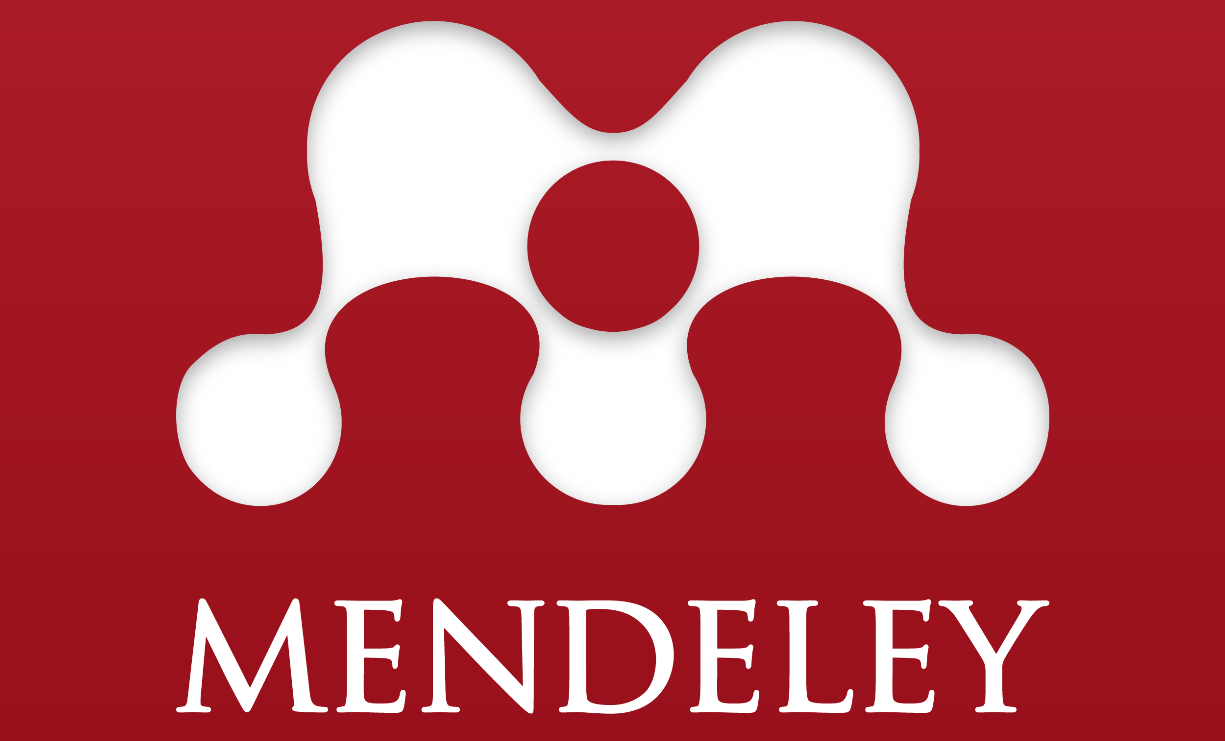PERBANDINGAN PENGGUNAAN METODE PROBLEM BASED LEARNING (PBL), METODE PROBLEM SOLVING DAN METODE STUDENTS TEAMS ACHIEVEMENT DIVISION (STAD) DALAM MENINGKATKAN KEMAMPUAN BERPIKIR KREATIF SISWA
Abstract
ABSTRACT
The purpose of this study was to obtain findings about the differences in the improvement of students' creative thinking skills between classes using problem-based learning methods, classes using problem-solving methods and classes using STAD learning methods. The research subjects were Class XI students of SMKN 1 Kadipaten in the 2018-2019 academic year. The method used in this study is a quasi-experimental. The analysis is used by using Counterbalanced Design with three classes, all of which are experimental classes. The results showed that: First, there were differences in the creative thinking abilities of students in the class using the PBL learning method and the creative thinking abilities of students in the class that used the Problem Solving learning method. where the creative thinking ability of students in a class that uses the PBL learning method is superior to the creative thinking ability of students in a class that uses the Problem Solving learning method. Second, there is no significant difference in the creative thinking ability of students in the class that uses the Problem Solving learning method with the creative thinking ability of students in classes using the STAD learning method. The creative thinking ability of students in a class that uses the Problem Solving learning method has almost the same results compared to the creative thinking ability of students in a class that uses the STAD learning method. Third, there are differences in students' creative thinking abilities in a class that uses the PBL learning method and the creative thinking ability of students in a class that uses the STAD learning method. This shows that the use of the PBL learning method is more effective in improving students' creative thinking skills compared to the STAD learning method.
Keywords: creative thinking; STAD method; PBL method; and problem solving.
Full Text:
PDFReferences
Amir, Taufiq. (2010). Inovasi Pendidikan Melalui Problem Based Learning Bagaimana Pendidik Memberdayakan Pemelajar di Era Pengetahuan. Jakarta: Kencana.
Anderson, Lorin W & David R. Krathwohl. 2010. Kerangka Landasan untuk Pembelajaran, Pengajaran, dan Aesmen (Revisi Taksonomi Bloom). Yogyakarta: Pustaka Pelajar Arend, R.I. (2008). Learning to Teach. New York: McGraw Hill.
Arikunto, Suharsimi. (2010). Prosedur Penelitian Suatu pendekatan dan Praktek. Jakarta : Rineka Cipta.
_________________ (2013). Dasar-Dasar Evaluasi Pendidikan Edisi 2. Jakarta: Bumi Aksara.
Cropley, A. 1999. Encyclopedia of Creativity Vol. 1. (Online), (http://books.google.co.id/books)
Costa, Arthur L. 1985. Developing Mind. Association for Supervision and Curriculum Development: USA Djamarah, Syaiful Bahri dan Aswan Zain (2002). Strategi Belajar Mengajar. Jakarta: Rineka Cipta.
Djamarah, Syaiful Bahri. 2002. Strategi Belajar Mengajar. Jakarta: PT Rineka.
Filsaime, dan Torrance. 2008. Menguak Rahasia Berpikir Kreatif dan Kreatif. Jakarta : Prestasi Pustaka Fisher, Robert and Mary Williams. (2004). Unlocking Creativity. British Library Cataloguing in Publication Data.
Jack R. Frankel dan Norman E. Wallen. (1993). How To Design And Evaluate Research In Education Second Edition. The McGraw Hills Companies.
Jean, Marrapodi. (2003). Critical Thingking and Creativity an Overview and Comparison of the Theories. [Online]. Tersedia: http://www.applestar.org/capella/CRITICAL%20THINGKING%20AND%20CRETIVITY.pdf.
Kusnendi. (2013). Skala Pengukuran dan Teknik Analisis Data Dalam Penelitian Non Eksperimen dan Eksperimen. Bandung: Universits Pendidikan Indonesia.
Lang, Hellmut R & Davis N. Evans (2006). Metodes, Strategies, And Methods for Effective Teaching. USA: Pearson Education. Inc
Liliasari, dkk. (2001). Pengembangan Model Pembelajaran Materi Subyek untuk Meningkatkan Keterampilan Berpikir Konseptual Tingkat Tinggi Siswa Calon Guru IPA, Laporan Penelitian, Bandung: FMIPA IKIP Bandung.
Riduwan. (2012). Pengantar Statistika. Bandung : Alfabeta.
Safari. (2008). Analisis Butir Soal. Jakarta: Asosiasi Pengawas Sekolah Indonesia, Departemen Pendidikan Nasional.
Sanjaya, Wina. (2011). Strategi Pembelajaran Berorientasi Standar Proses Pendidikan. Jakarta: Kencana.
Sudarma, Momon. (2013). Mengembangkan Keterampilan Berpikir Kreatif. Jakarta: PT. Raja Grafindo Persada
DOI: https://doi.org/10.25134/equi.v18i1.3574
Refbacks
- There are currently no refbacks.













